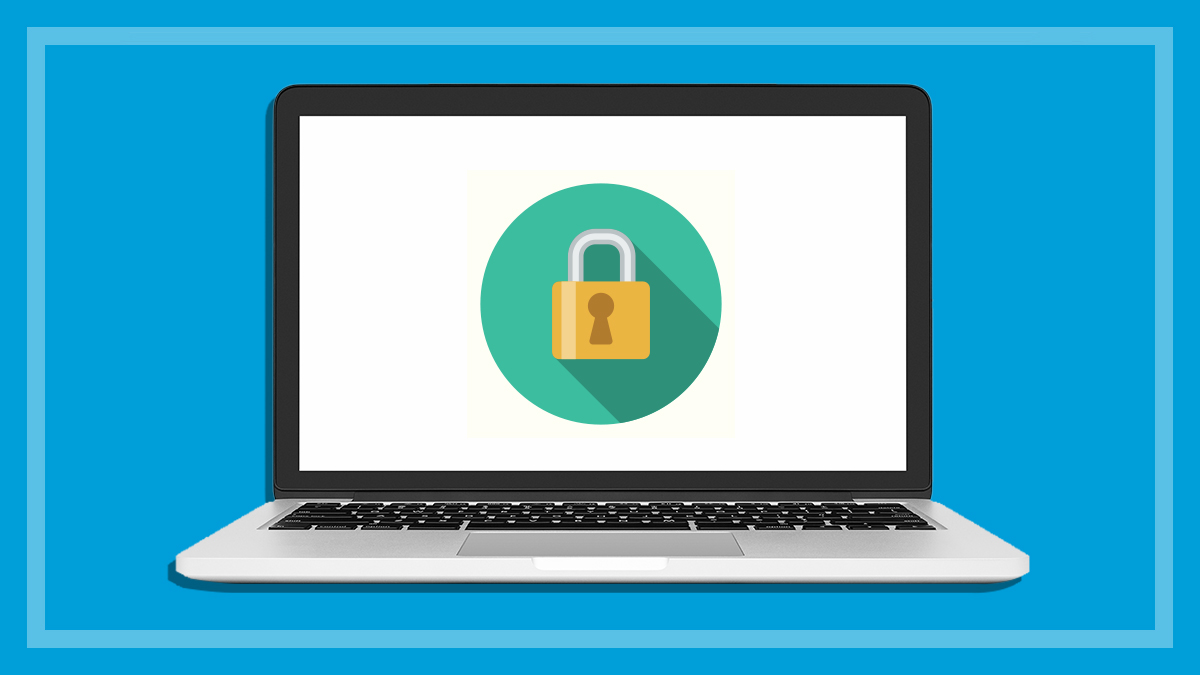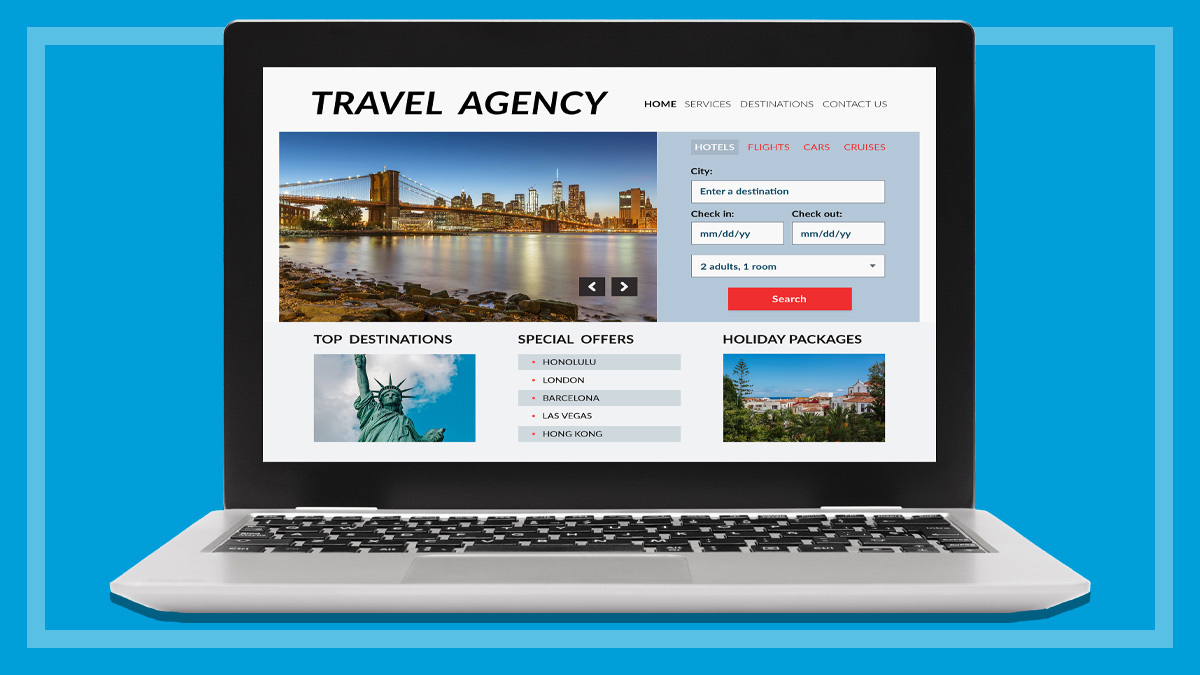Get our independent lab tests, expert reviews and honest advice.
Travel tech traps

If you’re planning a big trip, the right tech can be invaluable for getting around, taking photos, doing research on the fly and keeping in touch with friends and family.
But be careful; taking expensive, connected devices around the world can be risky. Loss, theft, mobile bill shock and keeping your personal information safe are all concerns.
Here are some ways to safeguard your gear and some tips on how technology can help make your trip a memorable one.
Lost devices
Before you travel, set up the find-my-device feature on your Mac laptop, iPhone or iPad, Android or Windows device. This feature is built in, and can help you locate a lost gadget.
If you don’t think you can get your device back, you can erase all its data remotely so it doesn’t fall into the wrong hands.
Use the cloud
Your devices have limited storage, and they might get lost or stolen. Cloud storage services such as Google Drive, Google Photos, Apple iCloud, Microsoft OneDrive and Dropbox, to name a few, can back up your important data safely as you go.
Cloud storage also lessens the emotional toll of remotely erasing a lost or stolen device, because you’re not losing important documents and travel memories along with it.
Just make sure you set your cloud service to only backup when connected to Wi-Fi, or you might be in for bill shock with your mobile provider.
Two-factor authentication
Set up two-factor authentication (2FA) with your important accounts before you leave. Apple, Microsoft or Google accounts, email, banking and social media services are prime targets.
For best and easiest results, use an authenticator app such as Google Authenticator, LastPass Authenticator or similar. Some services might direct you to use their own proprietary app.
SMS two-step verification also works, but isn’t as secure or useful. If you don’t have mobile roaming enabled, you either won’t be able to receive SMSes at all, or you will but with additional charges.
Turn off data roaming
Even if your mobile service provider has good roaming rates, it can be easy to rack up a large bill if you leave mobile data enabled on your phone.
Usually, you should have to manually set your phone to use roaming data before it can start churning through expensive megabytes, but not always.
To be totally safe, put your phone on flight mode, which should disable phone calls, SMS, and mobile data, as well as (by default) Wi-Fi and Bluetooth. Then re-activate only what you need, while leaving mobile data switched off.
Watch the Wi-Fi and use a VPN
Make sure your phone isn’t set to automatically connect to unfamiliar Wi-Fi networks.
Free Wi-Fi is common in airports, hotels, cafes, Airbnbs and many other places. Be careful before you sign in – malicious people on the same network could snoop on what you’re doing, and even steal personal information or account login details.
A good virtual private network (VPN) will encrypt your activity and keep you safe from prying eyes, but there are downsides. Using a VPN almost always slows down your internet connection, especially if your VPN provider doesn’t have servers in the country you’re visiting.
A VPN plan can be paid monthly but generally costs less for a yearly plan or longer. Avoid using free VPN services or mobile apps – in 2017, the CSIRO published a study on free Android VPN apps and found that 18% didn’t encrypt users’ traffic, and 38% carried malicious software. And an investigation into 150 free mobile VPN apps by Top10VPN.com in late 2018 found that 25% of them failed to protect users due to DNS and other leaks.
Dangerous public charging stations
Also beware of public USB charging stations, due to a threat known as “juice jacking” that involves hackers using the charging stations to steal information.
Always connect with a “charge-only” cable, which can’t transfer data, when using public stations. You can also charge your devices from your own mobile power bank (battery) or your own wall charger, if there’s a plug nearby.
Mind the money
Using ATMs overseas is an easy way to grab some cash without having to carry wads of notes around with you. But wherever possible, stick to official ATMs located inside banks and avoid ‘no name’ ATMs in convenience stores and other shops, because they’re less secure and could pose a greater risk of having card readers, cameras or other devices that can steal your details.
And always notify your bank that you’re heading overseas so they don’t suspend your card when they suddenly notice unexpected foreign transactions.
Smart TVs
You might find yourself hankering for a Netflix night, or to use some other video service while you travel. You can certainly commandeer the TV of many places you might stay, but be wary of directly signing into smart TV apps using your personal account logins. If you forget to sign out before you leave, whoever comes in next will have access to your account and information.
The Google Chromecast ($59) is a small device that plugs into an HDMI port. Connect it to the same Wi-Fi network as your phone or laptop, and you can stream video and other media to the TV, either from your device’s storage drive or directly from the internet.
Laptops can often be plugged directly into TVs to use as a second screen. HDMI cables are the most common, though older TVs might rely on VGA or some other connector.
If you use a Chromecast or laptop for your TV takeover, you’ll take it with you when you leave. So there’s no chance of you staying signed in when the next person comes along.






